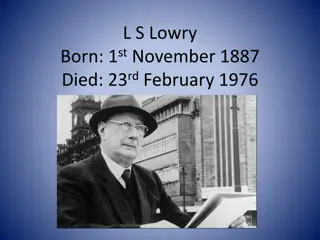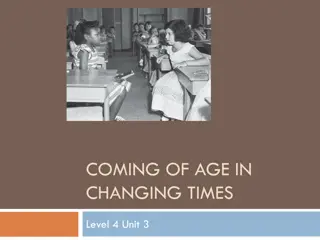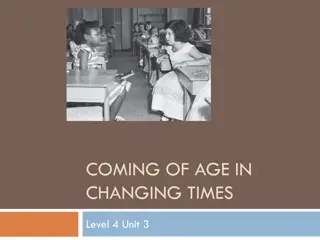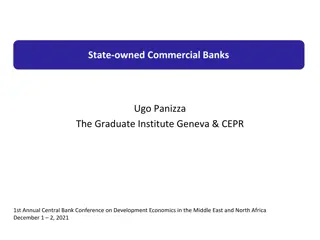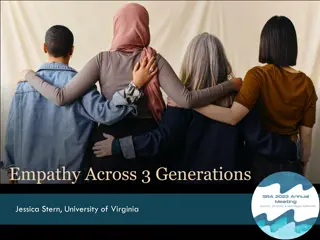
Phatik's Journey in Tagore's 'The Homecoming'
Follow Phatik's emotional journey from his village to Calcutta for education, his conflicts with family, and eventual reunion with his mother. Explore themes of belonging, education, and the longing for home in Rabindranath Tagore's poignant tale.
Download Presentation

Please find below an Image/Link to download the presentation.
The content on the website is provided AS IS for your information and personal use only. It may not be sold, licensed, or shared on other websites without obtaining consent from the author. If you encounter any issues during the download, it is possible that the publisher has removed the file from their server.
You are allowed to download the files provided on this website for personal or commercial use, subject to the condition that they are used lawfully. All files are the property of their respective owners.
The content on the website is provided AS IS for your information and personal use only. It may not be sold, licensed, or shared on other websites without obtaining consent from the author.
E N D
Presentation Transcript
Who is the central character in Rabindranath Tagores The Homecoming? a) Phatik Chakravorti b) Makhan Chakravorti c) Bishamber Chakravorti d) Nilkanta Why does Phatik get into a fight with his brother Makhan? a) Over a stolen book b) Over pushing a log into the river c) Over a lost kite d) Over a broken toy Who decides to take Phatik to Calcutta for his education? a) His father b) His mother c) His uncle Bishamber d) His elder brother
How does Phatiks story end? a) He runs away from Calcutta b) He returns to the village and reunites with his mother c) He falls ill and dies longing for his mother d) He excels in school and makes new friends What causes Phatik s initial trouble with his mother? a) He fails in school b) He breaks a neighbor s window c) He pushes his brother into the river d) He runs away from home Who takes Phatik to Calcutta? a) His father b) His mother c) His uncle d) His teacher
What does the title Homecoming symbolize in the story? a) Phatik s literal return to his village b) Phatik s emotional and spiritual yearning for his home c) The family s reunion after years d) A physical journey from city to village Why does Phatik feel unhappy in Calcutta? a) He misses his village and friends b) He is bullied at school c) His uncle mistreats him d) All of the above What is the primary theme of Tagore s Homecoming? a) The joy of childhood b) Conflict between urban and rural life c) A child s longing for love and belonging d) The importance of education
Which emotion is deeply explored through Phatiks character in the story? a) Anger b) Loneliness c) Revenge d) Joy What is the name of the protagonist in Tagore s Homecoming? a) Anil b) Phatik c) Nikhil d) Ratan Answer: b) Phatik Where is Phatik sent to live after leaving his village? a) Mumbai b) Delhi c) Calcutta (Kolkata) d) Chennai
1. Phatik is excited to leave his village and go to Calcutta. 2. Phatik s younger brother always supports him. 3. Phatik s uncle takes him to Calcutta for his education. 4. Phatik enjoys his new life in Calcutta. 5. The story ends with Phatik happily reuniting with his mother.
1. The protagonist of Homecoming is _______. (Phatik) 2. Phatik pushes his younger brother into the _______ during an argument. (river) 3. Phatik s _______ takes him to Calcutta for his studies. (uncle) 4. Phatik feels _______ and unwanted in his new home in Calcutta. (lonely) 5. In the end, Phatik falls _______ and longs for his mother s love. (ill) 6. The story Homecoming was written by _______. (Rabindranath Tagore) 7. Phatik s mother feels that he is a _______ to her after her husband s death. (burden) 8. Phatik s new school friends in Calcutta often _______ him. (bully) 9. The title Homecoming symbolizes Phatik s deep yearning for his _______. (home) 10.Tagore s story highlights the theme of a child s need for _______ and belonging. (love)

